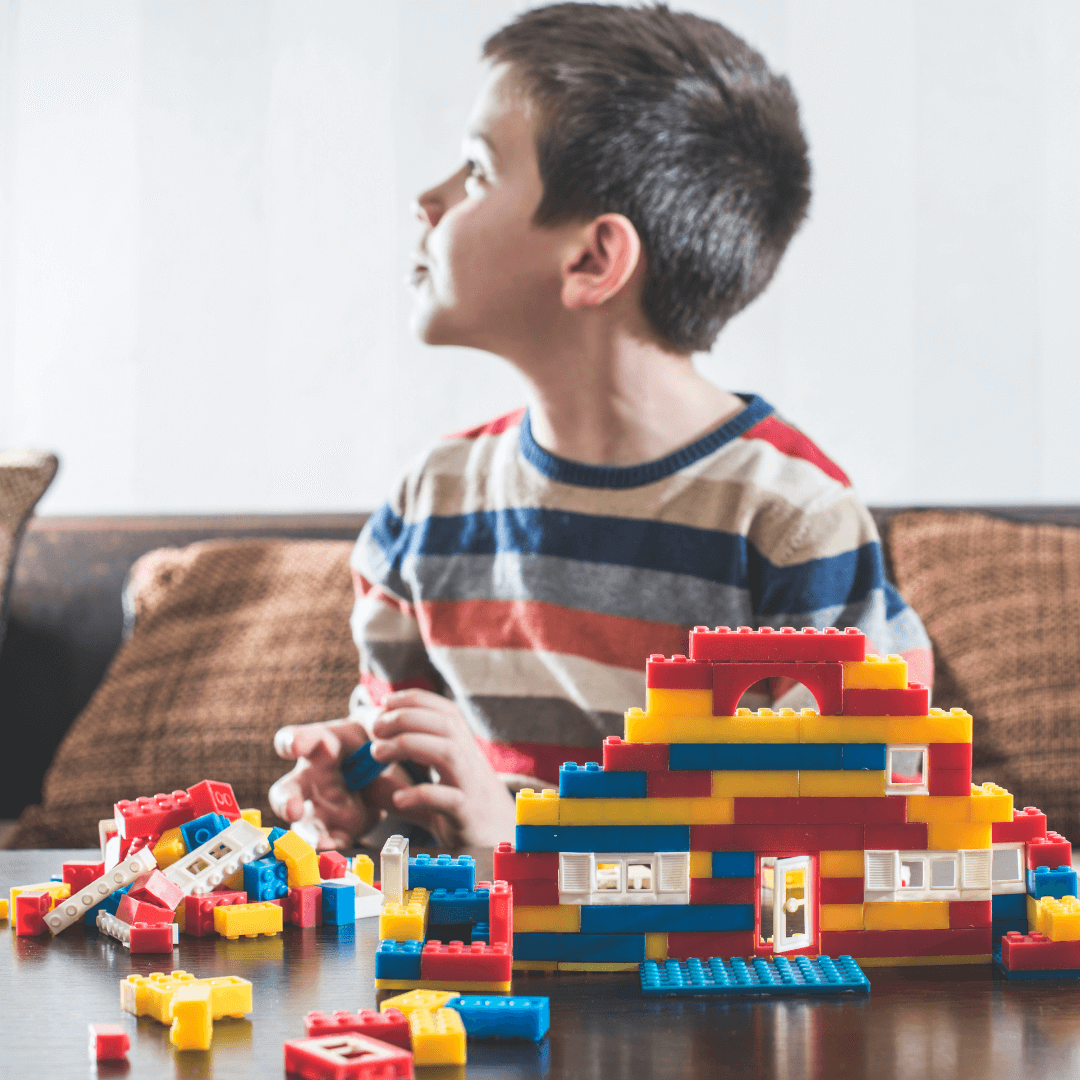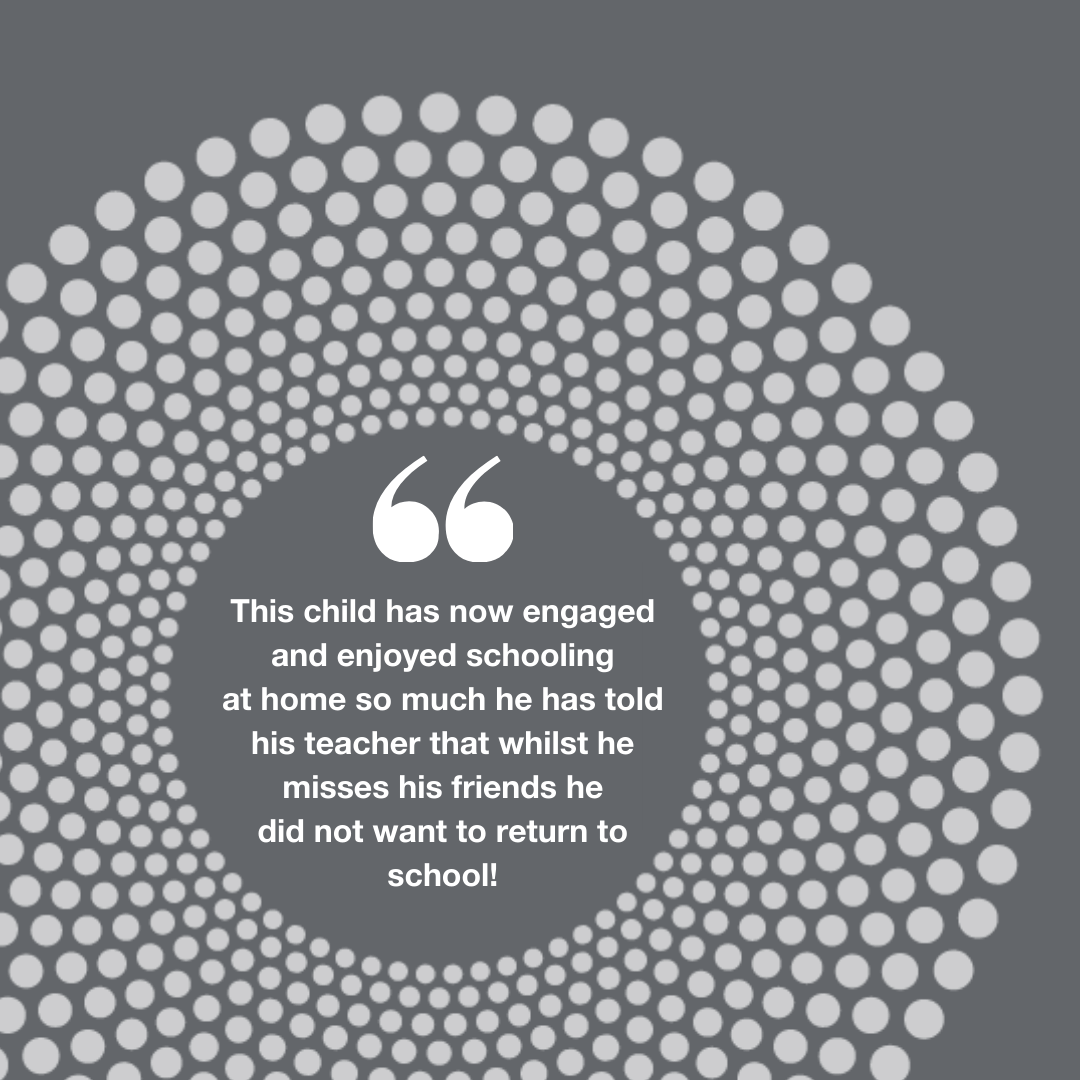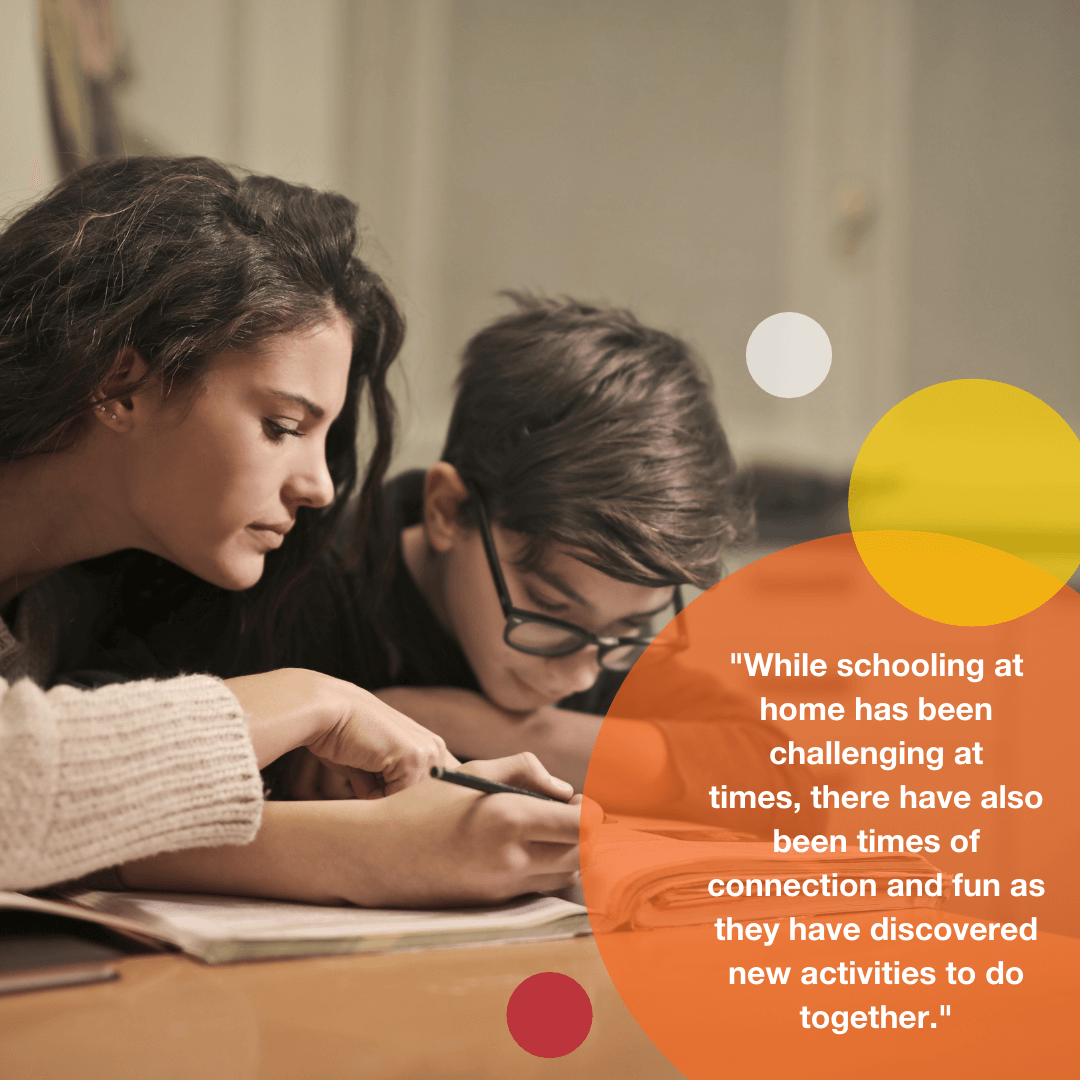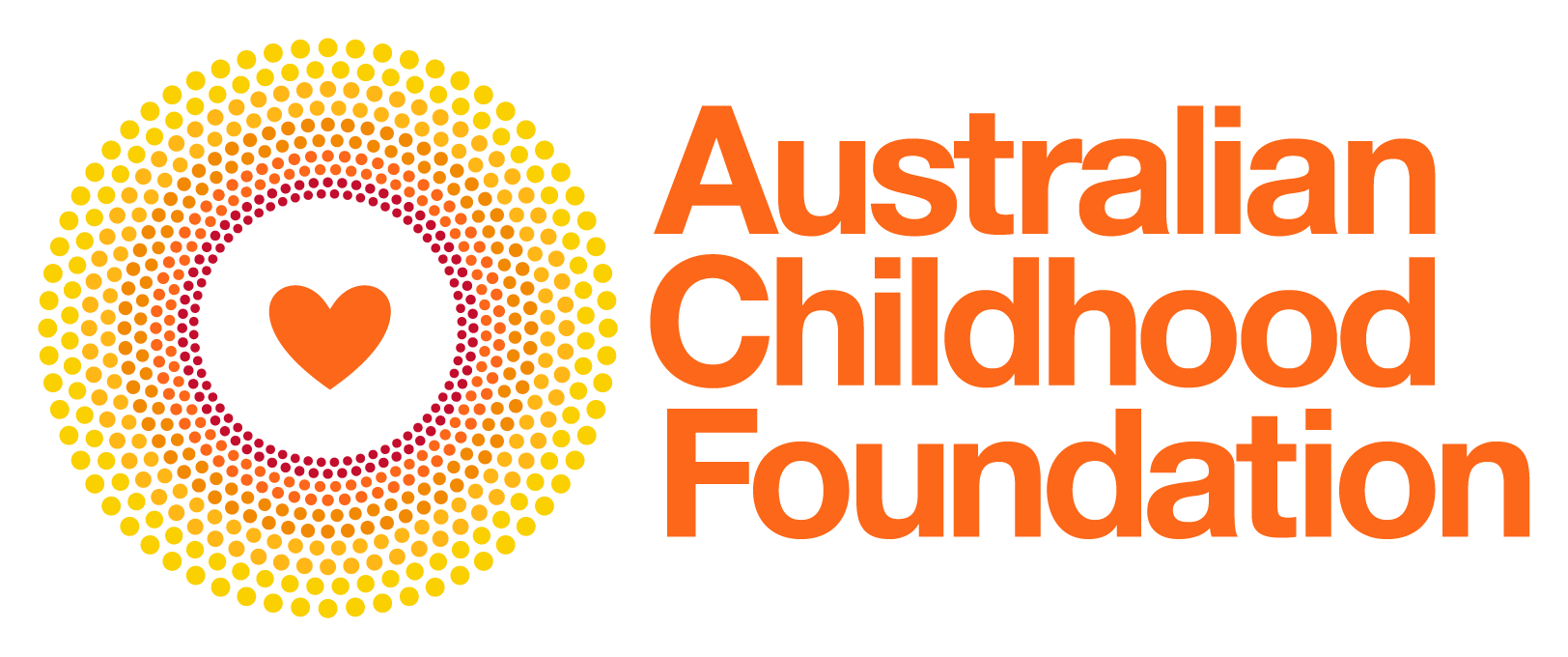Positive stories of COVID times
These stories were originally published in an article written by Jenny Gay, Team Leader with support from Paullette Hoogerwerf, Allira Williams, Nina Moffatt, Rozana Olaya and Natalie Rio who are each Therapeutic Specialists at the Australian Childhood Foundation. You can find the article here.
Since COVID-19 hit, the Foundation as been working hard to ensure that we provide as much support and assistance to children and families. Below are some anecdotes about the silver linings our Therapeutic Specialists have seen throughout the pandemic.
For one Therapeutic Specialist, the shift to working online has created a positive change in therapeutic dynamic. Previously the worker had found connecting with this young person in a face-to-face setting difficult. Meeting over a screen rather than face-to-face provided a lack of physical proximity and less intimacy, and this appears to have allowed this young person to further open up about her relationship with her biological mother, and how much grief and loss she feels over it. The Specialist and young person have discussed the benefits of the young person having control over the “therapeutic screen” (she mutes the worker or just shuts down the screen when she does not want to participate or is too tired or overwhelmed). Both the worker and young person have identified that this shift to online has improved their engagement. Post COVID-19 they may choose to continue to meet in this way even when they can meet face to face, as perhaps the physical proximity and direct eye contact that face to face allows is too overwhelming for her.


For one child, the necessary shift to online therapy sessions provided the opportunity for their carer to attend the sessions, which hadn’t occurred previously. The carer’s involvement has opened up the therapy and has allowed further exploration of play by the therapist while the young person has the support of the carer within the session. In turn, this has allowed the child to identify that he has experienced the same feelings as the little boy that he has acted out in his play.
For one young boy the home-schooling that has occurred highlighted that he was not performing as well academically as previous school reports had indicated. His carer identified that he required a lot of support to complete his work. The one to one support provided by his carer during this time to explain and break down the tasks and the elimination of the overwhelming sensory stimuli from the usual classroom environment has allowed for enormous educational progress. This child has now engaged and enjoyed schooling at home so much he has told his teacher that whilst he misses his friends he did not want to return to school!


One of the children in our regional programs was bullied by older children in the past and was very apprehensive in starting at a new school because of this, and he been especially wary of older children. During the COVID lockdowns, however, because of the changes to how the school is functioning, this child has had more contact with older students, who have recently asked him to join in with them when they play sports. He has particularly enjoyed this feeling of inclusion.
For one foster family, having the young person school at home has enabled certain skills and capacities to come to the fore which weren’t known before the periods of lockdown. In fact, before these times, the Carer had felt these same areas where those he needed more support or were not strong skills. While schooling at home has been challenging at times, there have also been times of connection and fun as they have discovered new activities to do together.


One carer mentioned that having her foster daughter completing school at home meant she was able to better see how she handles things, manages challenges and works her way through issues and they felt that she stepped up big time. This time enabled them as carers to see what the young person was made of, and they felt they saw a completely different young lady to the one the school put forward. They were able to let her know how proud they were of her and also sent a message to the specialist worker to share how much the young person lit up when they said that. In a previous assessment, the young person had identified her carers being proud of her as being something she wanted.
To find out more about the work our Therapeutic Specialists do to support children and families, please click here – or alternatively, you can contact us.
